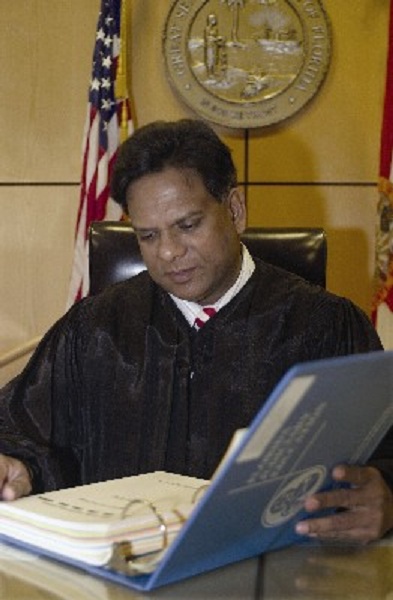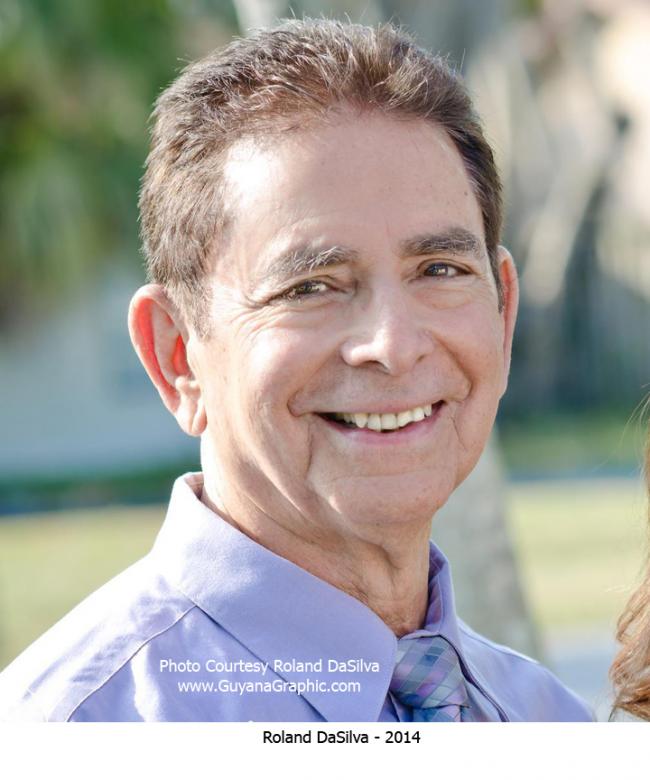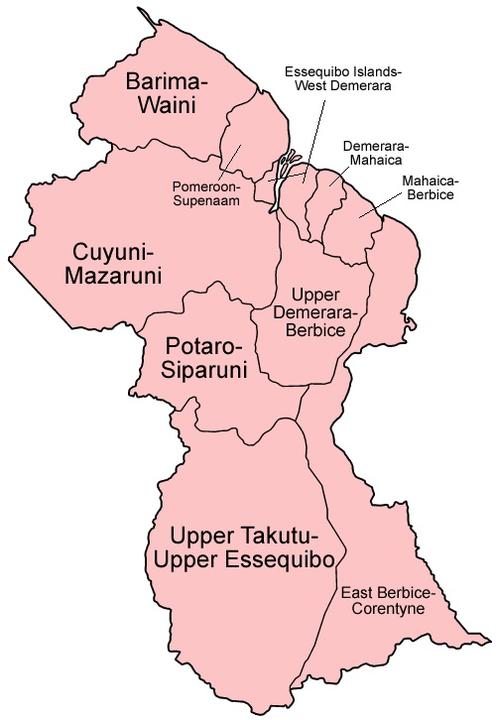Relegated to ride the steamer in the lower deck with livestock and poor people of Guyana, cow dung splattered on his beautiful mother’s orhni headdress.
While his mother took the indignity in stride, A.B. Majeed describes an anger that “burnt in me.”
Majeed was only 10 years old on that trip from Anna Regina to visit an uncle who lived on an island in the Essequibo River. Peeking up the stairs, he saw the nice, polished seats reserved for the upper class.
Tugging at his mother’s hand, Majeed asked why they couldn’t sit in the empty seats upstairs, rather than squatting with the cows and sheep down below.
“I understood then and there that I wanted to be in first class, and the only way to do it was to get an education,” Majeed said. “That was the birth of my quest.”
Majeed’s transformation from the son of a subsistence rice farmer in Guyana to a Brevard County judge, and former president of the Conference of County Court Judges of Florida, is a journey filled with gratitude for the help he received along the way.
“The whole economic injustice got me at an early age,” Judge Majeed recalled. “I would see people working in offices wearing ties and sitting in the shade, making a better life than us in the fields, working in the mud and rain. I could not understand the dichotomy.
“As I got older and got into the law, I saw how economic issues play a great role in the wars we fight. Even in America, where one of the biggest problems was segregation, the court struck down segregation because of the commerce clause.”
As Judge Majeed now tells his 14-year-old son: “The great equalizer is to get a top education.”
Getting an education was very difficult for boy from a poor family in Guyana in the ’50s. There was no high school in Anna Regina, so families would scrape together about $22.50 per month to send a child to the high school in Georgetown, the capital city.
But Majeed’s parents only had enough money to send an older brother, not Majeed, the youngest of four brothers. At a family meeting, that lucky older brother, then married and living in his own house, told their father he would chip in so Majeed could go to high school. Finally, in the mid-’60s, a government office was converted to the first high school in Anna Regina.
“It was like opening a door to heaven to me,” Majeed said, describing how mornings before school he woke early to tote water in buckets from the village artesian well and milk the cows, at his home without electricity or running water.
“Had I not gone to high school, I would be a dirt farmer today. My whole mental concept of my abilities changed. I began to dream impossible dreams,” Majeed said.
One of those “impossible dreams” was to come to America. Majeed said he was intrigued by Americans’ “way of life, their economic capitalism, their democracy, and their freedoms.”
But he was unable to get a student visa to attend college in the United States.
“When I applied for one, I was denied, because my parents lacked the resources to guarantee that I would not become a public charge on the U.S. government,” Majeed explained. “This was a stringent requirement of the U.S. embassy.”
Stepping in to offer help was Michael, an American Peace Corps volunteer serving in Anna Regina, who called his mother back home and asked if they would help sponsor Majeed so he could go to college in the United States.
Ruth Billington, now 96 and living in a retirement home in Willoughby, Ohio, remembers that call like it was yesterday, and Majeed still visits her and calls her “Mom.”
“I was perfectly happy to sponsor A.B. He came and went to school at Howard,” Billington said. “He didn’t come with any money, but he had jobs. We offered to be supportive, but I never had to spend any money on him. I am very proud of him. To be a judge is an honor, but to be a brown-skinned Muslim judge is another thing. I am just terrifically proud of him.”
Graduating magna cum laude from Howard University in 1972, Majeed’s classmate was Peggy Quince, who would go on to become the first black female justice of the Florida Supreme Court. They both followed the same path and went to law school at Catholic University.
“At Catholic University, there is a special wall where the names of those law school graduates who became judges are inscribed on a wall. My name and Peggy Quince’s name are on that wall,” Majeed said.
“I took my son and daughters there, and when I saw my name I cried, because I wished my parents could have seen it,” he said, choking up with emotion.
After graduating from law school in 1975, Majeed became a U.S. citizen, and, eventually, his parents came to the United States, too.
Patriotic words flow freely from the lips of Judge Majeed, Florida’s only judge from Guyana and East Indian descent: “America loved me to dream dreams I could never dream. America loved me to make those dreams come true.”
After serving as an assistant state attorney in Brevard County, he ran for judge in 1992. While he lost the election, he made many friends campaigning and was appointed to the bench by Gov. Lawton Chiles in 1993.
Daily, as a county judge, he sees “human tragedies because of the economy.”
He sees the courtroom as “the confluence of all the tributaries in a major river, and they come to us. It makes me very compassionate, and I like to fashion remedies outside the box.”
He gives the examples of ordering defendants to donate food to a soup kitchen or dog chow to an animal shelter, and show proof that they have done so. Or, he asks people to write essays about American heroes, such as Clarence Wolf Guts, who died at 86 in 2010, as the last surviving Oglala Lakota code talker from World War II, who helped defeat Axis forces by transmitting strategic military messages in his native language the Japanese and Germans couldn’t translate.
“I want the people who come before me in court to see that life is not all about them. And I want them to see that America is full of kind and generous people. I try to change people’s minds in a simple way.”
Judge Majeed says he is proud of his humble roots and believes it helps him be an understanding judge.
“I know from where I sit on the bench and where the defendant stands at the podium is a very short distance,” he said.
At 65, he knows Florida law will force him to leave the judge’s job he loves when he turns 70, and he may then run for a state Senate seat.
But it is in the court of law, he says, that most clearly exhibits the phrase, “We, the people.”
“We the people,” he notes, are the first words of the Constitution, and the last words given by jurors when they reach a verdict.
“Whether a citizen is guilty or not does not come from the state seal hanging over my head or the flag in the courtroom or from police power. It comes from the words, ‘We the people,’” Judge Majeed said.
“To me, that is the essence of democracy.”
Whenever someone stops him in the courthouse and asks him how he’s doing, Judge Majeed has a standard reply he delivers with a smile: “I’m living the dream.”






